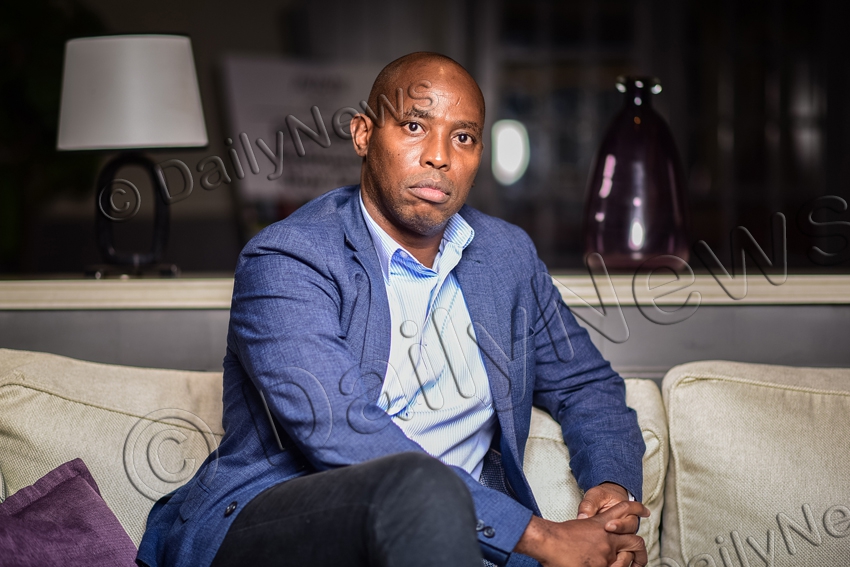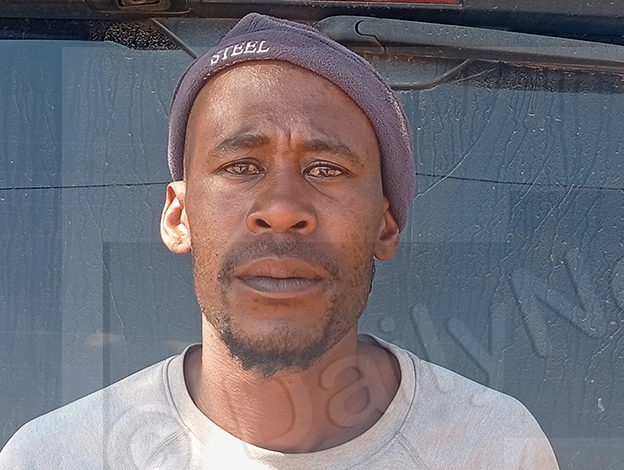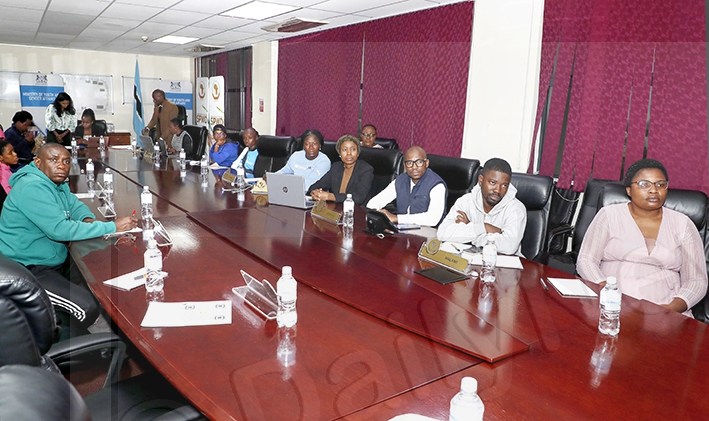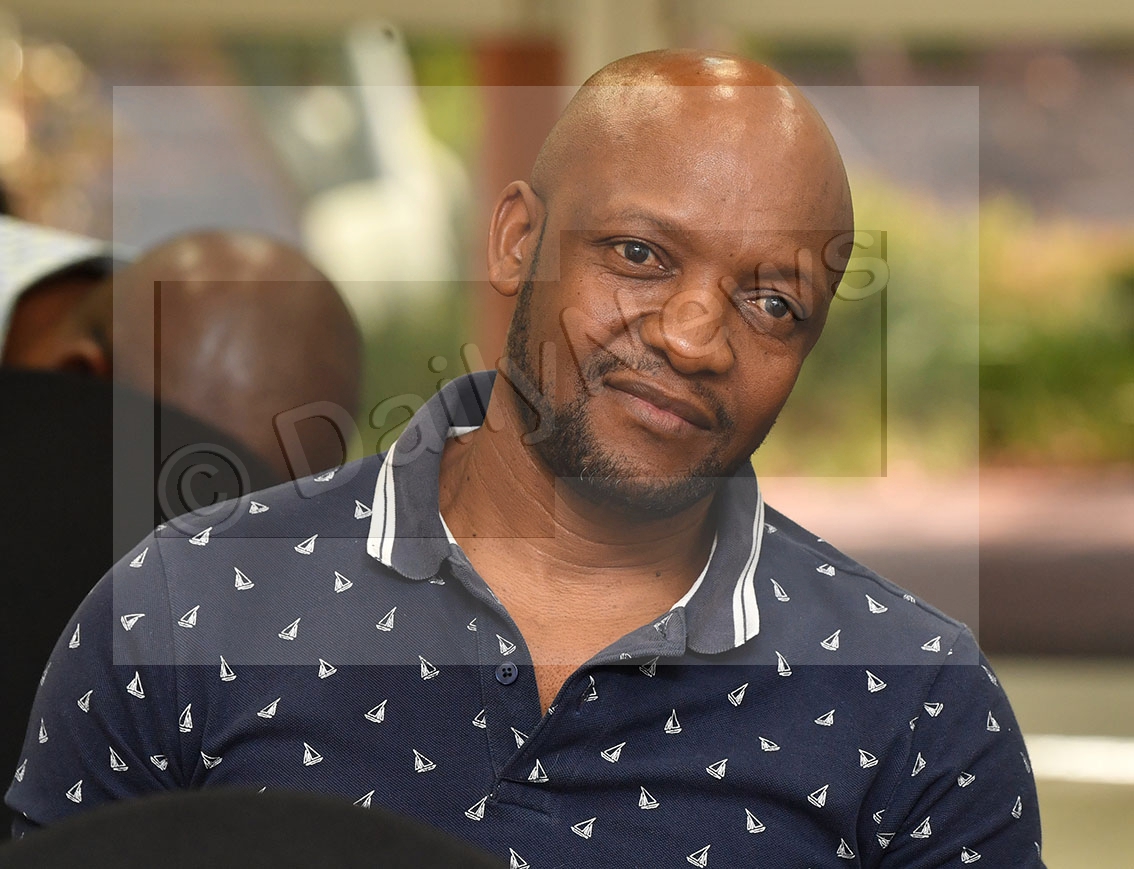Protect athletes images from exploitation
04 Aug 2023
As Botswana’s sports personalities, particularly track athletes, continue to shine on the international stage and place the country on the global map, some corporate bodies have spotted a marketing opportunity to associate their brands with the athletes’ images. However, in some cases this is done without compensation or consent of the concerned individuals.
BOPA spoke to Dr Lobone Kasale – a Sport Management Senior Lecturer at the University of Botswana’s Department of Sport Science – to explain the dynamics of product endorsement by athletes.
BOPA: The current trend in the international sporting landscape is that athletes are recognised as brands in their own right. How did this come about?
Dr Kasale: First, let’s put this into context. A brand is a name, sign, symbol, or a combination of these that an organisation uses to differentiate its products or itself from its competitors.
To that end, athletes are brands because they have names. Botswana athletes, like others throughout the world, should build their brands and use social media to influence probability of brand choice, attract premium payment for their services, offer a vehicle for effective marketing communication and promote positive word of mouth.
BOPA: In Botswana this is a bit complex due to the absence of rules to protect the images of the athletes, which then make susceptible to exploitation.
Dr Kasale: Most definitely.
BOPA: From your assessment, what then is the current state of regulation of the image rights of professional sportspersons?
Dr Kasale: To be honest, I am not aware if there are any laws, regulations or rights that protect our athletes’ images. While there are laws such as Employment Act, Intellectual Property Rights and Copyright laws, I cannot say for certain that they protect the images of athletes from misuse by corporate bodies and business enterprises pursuing commercial interests. This also raises questions including whether the images of athletes are copyrighted, and if that is the case, how such images are protected from misuse. And if the images are not protected, the question is how this can be corrected.
The other point concerns special considerations when images can be used without compensation and/or consent. For instance, the news media can use the images of athletes as part of routine news coverage.
However, when these images are used by corporate bodies and business enterprises to sell their products and services, then there should be some form of agreement with the athlete.
This calls for legal or regulatory protection of the athletes and their images. For instance, some jurisdictions in the United States of America have what is called personality rights to protect individuals’ publicity rights and the right to privacy. Personality rights serve to protect individuals by granting damages for distress and anguish caused to a person whose dignity was harmed by the commercial exploitation of their identity. In this case, athletes whose images are used without their consent or compensation can use this law for recourse. Therefore, it becomes essential for the sports fraternity to advocate for these types of laws in Botswana to protect the athletes.
BOPA: Why is this important?
Dr Kasale: In the absence of this legal framework, professional sportspersons may find that they are not adequately protected from exploitation. It is important to note that the images of professional sportspersons or elite athletes have value.
Their faces are easily recognised by the public, and sport also gives an image of cleanliness that companies want to associate with. It follows that organisations will use individual athletes or teams to sell their products and services.
Therefore, laws that govern personality rights, right to privacy and publicity rights should be developed and enhanced to protect athletes’ images. Sports administrators and athletes’ handlers need to find ways of optimising sport law to ensure that they protect athletes and sport itself.
BOPA: What are your views regarding the tendency by some companies to exploit athletes’ images, more especially after they have had a major achievement or won something?
Dr Kasale: Exploitation of any kind should not be allowed in any society. For instance, when athletes win at international competitions and become well known, they become the most ideal vehicles for advertisement and product endorsement. You need to remember that when an athlete wins at an international competition and makes a name for themselves, it is inevitable that they will compete in other competitions where they will be visible to even larger audiences. Hence their personal brands become more visible. The win-loss cycles of athletes in competitions and the power of social media have made athletes influencers, and therefore attractive to corporate bodies and business enterprises who wish to sell their products and services.
Therefore, athletes should be afforded the opportunity to firstly consent to the use of their personal brands for any commercial activity, and secondly should be compensated for it because brands are business entities that are entitled to earn a profit from their goodwill. Using athletes’ brands without any form of compensation is exploitation.
This is because working without payment is a form of slavery, and it even contravenes the Constitution of Botswana. Therefore, the use of athletes’ images for commercial purposes – especially those captured when they were competing, hence at work – should draw compensation and reward.
BOPA: How can athletes assert their rights?
Dr Kasale: There is need for athletes’ managers to negotiate mutually beneficial contracts with commercial partners for advertising and product endorsements that remunerate athletes rather than exploit them.
In terms of what we can do in the Botswana sporting landscape, it is important to start by interrogating the current landscape to check the extent to which existing laws including Employment Act, and Intellectual Property Rights and Copyright laws protect athletes against the use of their images without consent and compensation.
Secondly, there could either be a need to expand the coverage of these laws to protect the athletes’ images or to enact new laws that will guide activities such as branding, advertising and product endorsement.
In addition, there is need for sports bodies such as the Botswana National Sports Commission (BNSC) or Botswana National Olympic Committee (BNOC) to facilitate seminars and workshops between corporate bodies and business enterprises on the one hand, and athletes’ representatives on the other, to discuss the protection of athletes and their images. ENDS
Source : BOPA
Author : Anastacia Sibanda
Location : GABORONE
Event : INTERVIEW
Date : 04 Aug 2023








